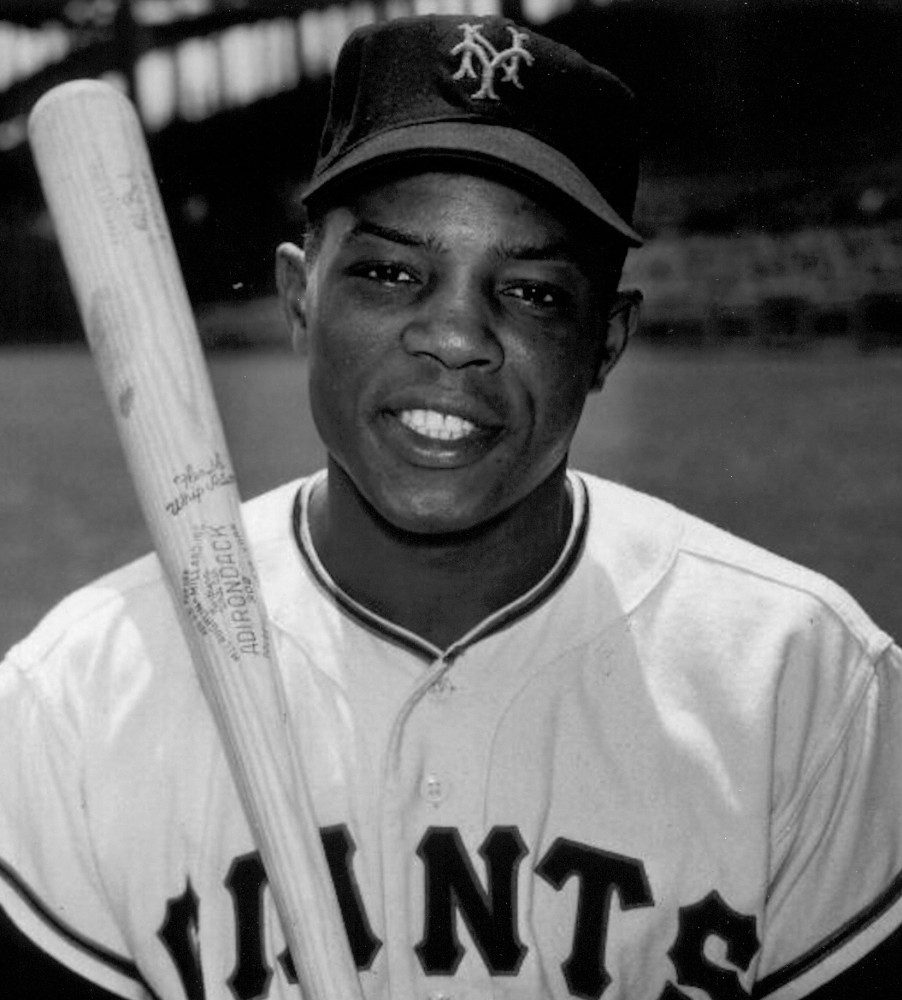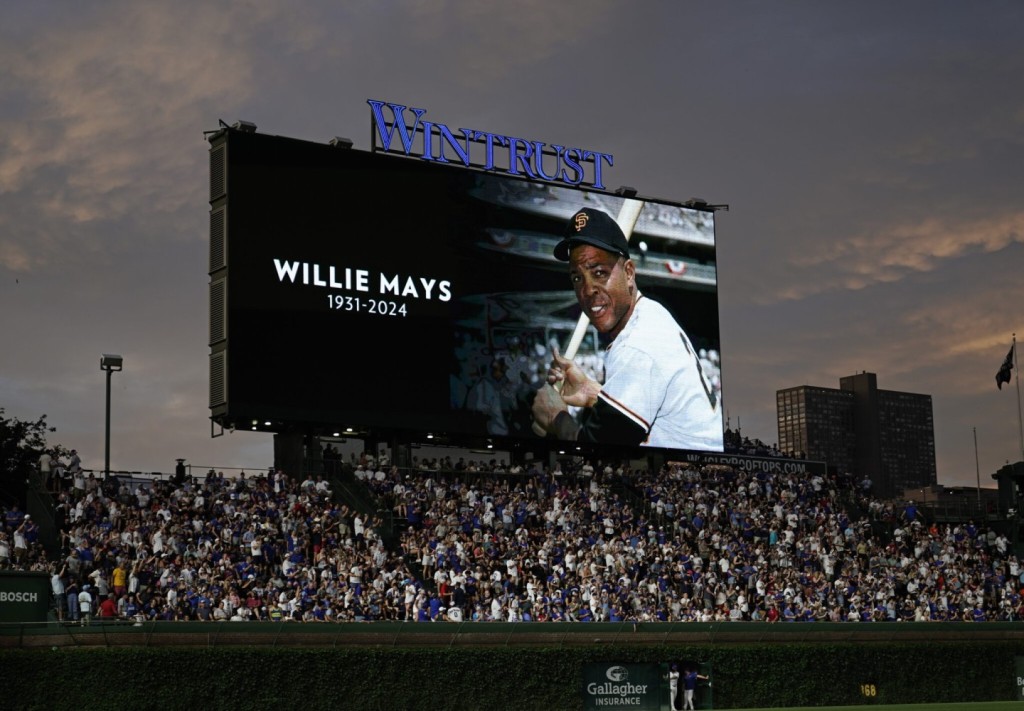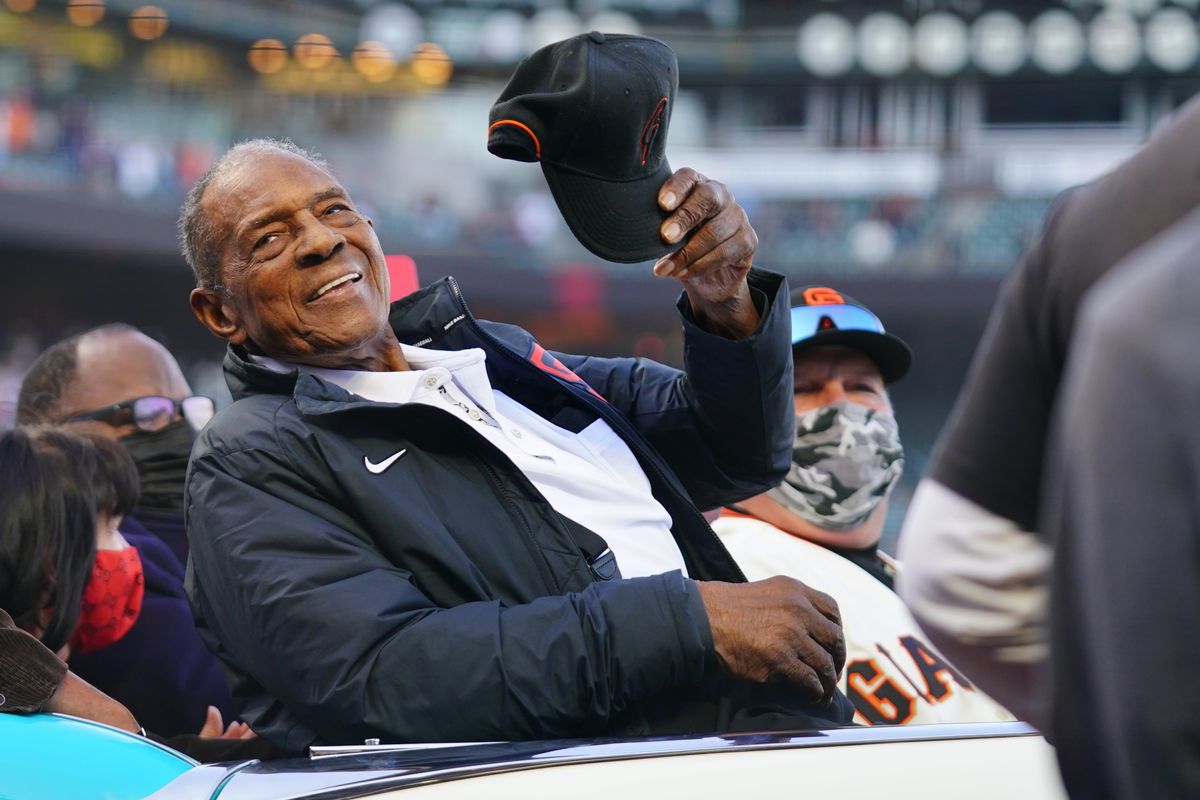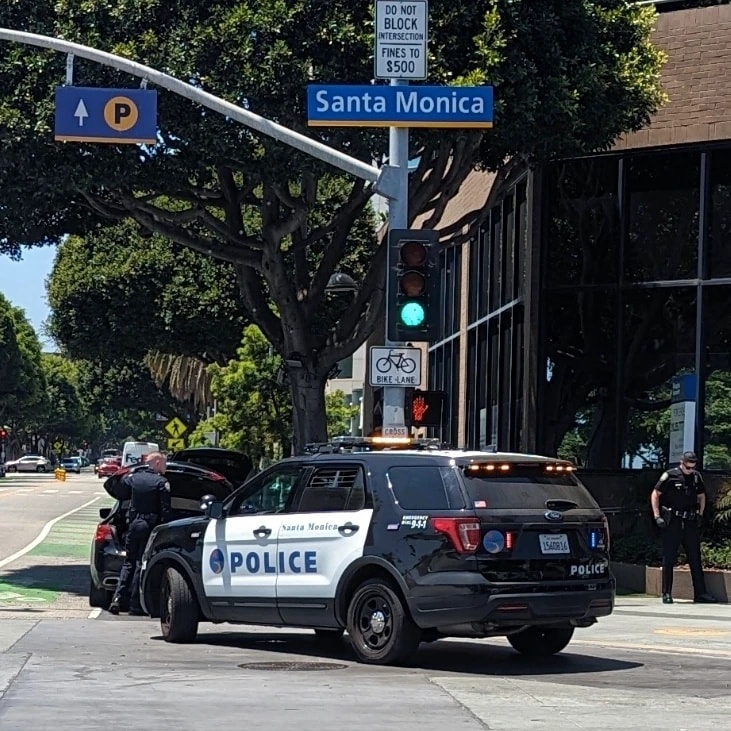
FILM REVIEW
SAY HEY, WILLIE MAYS!
Documentary, Rated TV-14
Released October 27, 2022
Available on YouTube, Max, Hulu, Amazon Prime, HBO, ESPN+ and Southwest Airlines
This is the inspirational story of an exceptional personality and athlete whose life reflects American history in the mid-20th Century. Willie Mays was born and raised in Jim Crow-era Alabama. He had an extraordinary skill that lifted him to the forefront of American culture and broke down racial barriers between black and white culture of the 1950s-1960s. He earned the nickname “Say Hey Kid” from the jubilant greeting he always used, “Say Hey!” This documentary covers five decades during which Mays built an unbreakable bond with his fans of every cultural background.
Mays’ upbeat personality probably helped him survive a childhood as a black boy in the deep Jim Crow Era South. He was born in May 1931 near Birmingham, Alabama, 65 years after the end of the Civil War. His baseball player dad saw the talent in his son and began teaching him skills as a child. You can see as you watch his fluid movements as a player that it was all instinct to him. He began playing for the Birmingham Black Barons of the Negro League while he was still in high school, and his Major League career began in 1951, 4 years after Jackie Robinson broke the color barrier by signing with the Brooklyn Dodgers. Even in the 1950s, many teams were still all white, and there was an informal rule limiting each team to 3 non-white players. When Mays traveled with the team to Southern cities, and during Spring training in Florida, he was restricted by racist laws.

During the ’50s and ’60s, baseball was the central sport of American culture, and with the nascent television industry, it was more widely seen than ever by fans from all walks of life. Mays was the first African American athlete to receive cross-cultural national attention and recognition through the rapid spread of mass communication. Viewers could now see the talent, timing and skill of players like Robinson and Mays. The popularization of baseball on television was a key element in breaking the attitude that whites had formed towards non-whites. I was a huge fan of the Cincinnati Reds when I lived in that city as a child, and at the age of 11, I used to take the bus to games to see my favorite players, Frank Robinson, Vada Pinson, and Gordy Coleman, two of whom were black. My child self saw no difference between us other than their superb command of the sport. I saw Willie Mays play many times. Even though he was always on the opposing team, the whole crowd would stand up and cheer for him.

Mays played for the Giants in NYC and moved with the team to San Francisco in 1958. Racism unexpectedly surfaced again when he and his wife found a house to buy in his new city. The homeowner refused to sell to Mays even when he made the highest bid. Soon, the owner changed his mind, but when they moved in, a neighbor threw a rock through his window. Eventually, the Fair Housing Law of San Francisco was passed because of this high-profile incident. Mays’ attitude was to focus on baseball, and on his work with youth at Bayview-Hunters Point, a largely African American area around Candlestick Park. In 1972, he was traded to the New York Mets, and he played his last game in the 1973 World Series.
Mays created a larger-than-life persona that rose above race, and in fans’ minds began to tear away at the suffocating shroud of racism. He brought an innate joy to the game of baseball. In 2015, he received the Medal of Honor from President Barack Obama. Mays told the President how proud he was that he had been elected our first Black President, and Obama replied, “If it hadn’t been for folks like you and Jackie (Robinson), I’m not sure I would have ever got to the White House.” I had the privilege of sitting at a table with Mays at an event about 8 years ago, where he was being honored. He still had that genuine joy of life that permeated the whole room. Mays passed away on June 18, 2024. Say Hey, Willie Mays is an excellent documentary about a man who lived the social history of our time, and baseball was his journey through that history.
Kathryn Whitney Boole has spent most of her life in the entertainment industry, which has been the backdrop for remarkable adventures with extraordinary people. She is a Talent Manager with Studio Talent Group in Santa Monica. kboole@gmail.com













